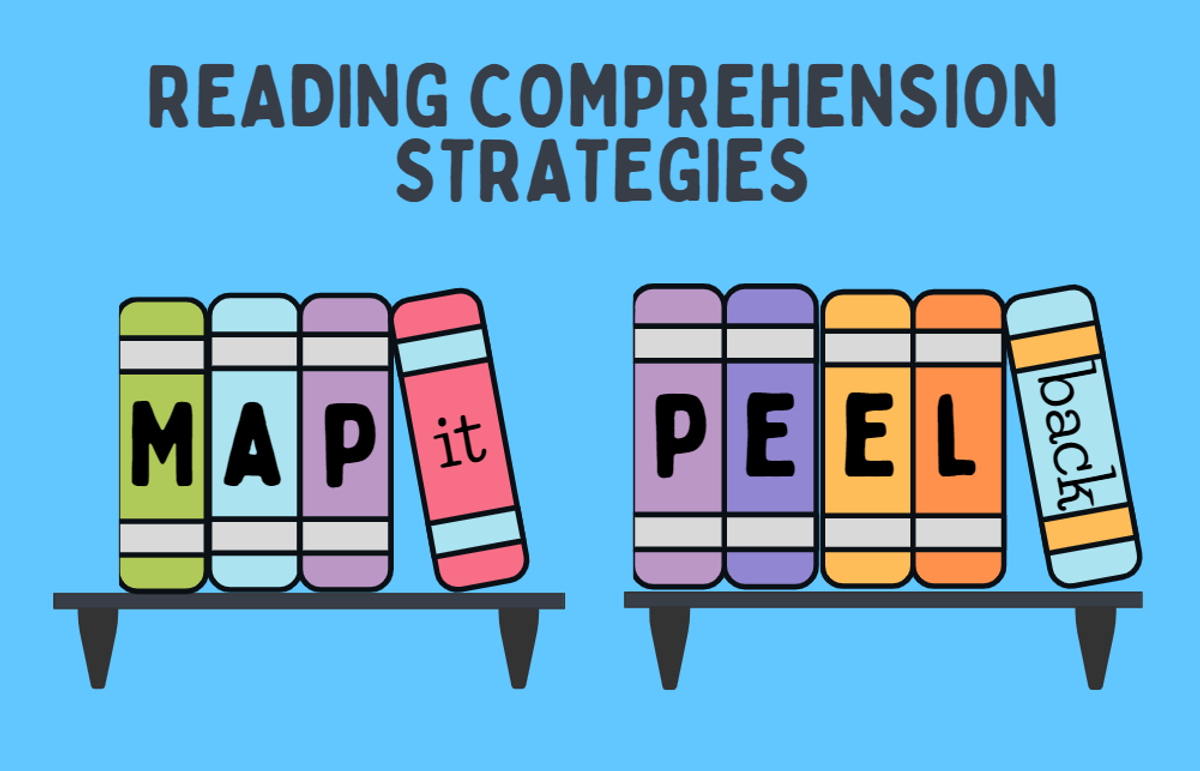NAPLAN 2023: preparing our students for success
Head of Faculty – English, Literacy and Languages

NAPLAN 2023: preparing our students for success
Head of Faculty – English, Literacy and Languages


What is NAPLAN?
The NAPLAN Test – the National Assessment Program Literacy and Numeracy Test – is a series of tests that measures a student’s literacy and numeracy skills, designed to allow teachers, schools, parents and the government to support students in their skill development.
What’s new to NAPLAN in 2023?
Traditionally held in May, NAPLAN has moved to earlier in the year and will take place in Term 1, mid-March, 2023. The tests will occur from Wednesday, 15 March onward. Education ministers explained the reason for the change was critical to assist teachers and inform schools of the learning needs of their students earlier in the year. This will assist teachers in providing early intervention and targeted support to students, ensuring they are developing important literacy and numeracy skills sooner.
How are we preparing our students for NAPLAN at Mt A?
As teachers, we know the importance of NAPLAN, as the data helps to inform our understanding of our students learning needs, and thus the data informs the teaching and learning plans and units of work that we design. When it comes to NAPLAN, although it is not for summative assessment, we take preparations for the test seriously and intentionally prepare our students to complete the tests with confidence, knowledge, and skills needed to perform to the best of their ability.
In the English classroom, we explicitly target key skills required of both Narrative and Persuasive texts in Semester 1 Years 7 & 9, and in Semester 2 Year 8. Our units of work are specifically designed with a variety of high impact teaching strategies to target the 10 accessible criteria of the NAPLAN Writing test, which also compliments the National Curriculum and ACARA standards.
At Mount Alvernia, we prioritise understanding your child’s strengths and weaknesses when it comes to literacy, and facilitate diagnostic testing at various periods throughout the year to ensure we are aware of the specific needs and continued development of your child. From this, individualised remediation activities are set for your child to target key areas for improvement in understanding language conventions, throughout the year. In our weekly literacy lessons, we provide students with multiple exposures to varied vocabulary lists, spelling practice, a variety of sentence structures, and the application of accurate punctuation, paragraphing, and cohesion in context. We also know the importance of extended writing practice, so our students practice applying their understanding of audience, text structure, ideas, and devices in multiple on-demand writing tasks. Having weekly exposure to these key skills allows teachers to frequently check for understanding and differentiate the lessons to suit the needs of individual students.
Although literacy is foregrounded in the English classroom, we all know that literacy is a skill required in various subjects, which is why we have a common approach to reading comprehension across the English, Religion, and Humanities faculty. This coherent approach to reading comprehension ensures that your child can routinely practice applying comprehension strategies to help them best retrieve explicit information and infer implicit detail in a variety of different text types. To learn more about our strategies, ask your child about RRA, MAP it, PEEL back, and the elimination method!


To ensure that our students are prepared to tackle the numeracy test, we have a numeracy class embedded into the Maths teaching and learning program in Years 7 and 8. In these classes, teachers expose students to numerous NAPLAN style questions and teach them specific strategies on how to answer questions regarding Number and Measurement, and Data and Algebra. Early formative testing assists teachers in identifying common gaps in knowledge to help inform the targeted revision taught in numeracy classes, and helps to assists teachers in the design and sequence of work in units and subunits in Maths classes throughout the year. Students are also explicitly taught how to use the online test platform which includes an inbuilt calculator, ruler and protractor, so they are familiar with the digital platform and have confidence on how to use it on test day.
Through our intentional approach to literacy and numeracy improvement, and providing students with frequent exposure to literacy and numeracy testing, our students can confidently approach NAPLAN knowing they are truly prepared to the best of their ability.
If you’d like to learn more about the ways your child is being supported in the development of literacy or numeracy skills, please contact their English or Maths teacher.